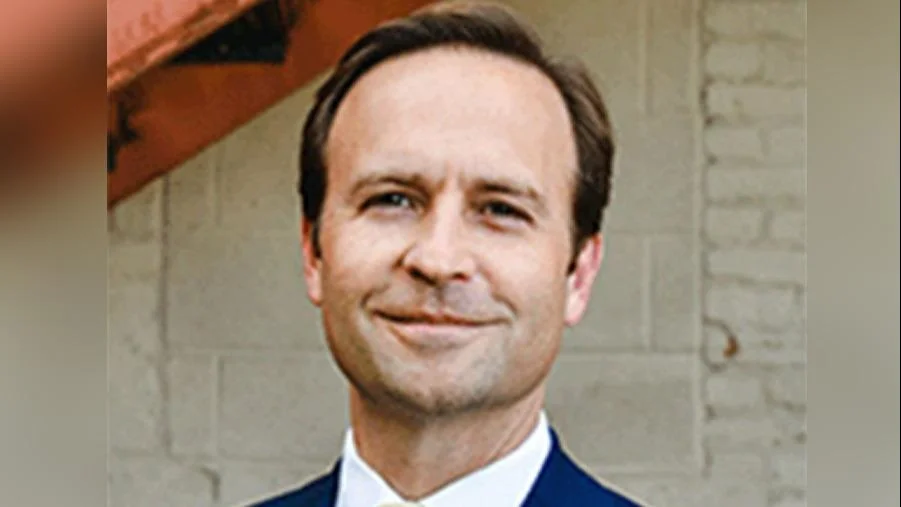Brian Calley President and Chief Executive Officer at Small Business Association of Michigan | Official website
Brian Calley President and Chief Executive Officer at Small Business Association of Michigan | Official website
Most companies focus on interviewing employees at the start or end of their employment, but there is growing attention on the value of conversations during the time in between. These are often called stay interviews, designed to help leaders understand why employees remain, what might prompt them to leave, and how engagement can be improved.
Dana Weidinger, writing on behalf of ASE and as an SBAM-approved partner, questions the effectiveness of formal stay interviews. "If we need a formal interview to know how our employees feel, what does that say about our day-to-day culture?" Weidinger asks.
Weidinger argues that stay interviews should not be reduced to a formality or a trend. Instead, the goal should be to foster a workplace where open conversations happen regularly and naturally. "The real purpose isn’t to 'gather feedback' once a year. It’s to build a culture where open conversations happen naturally and regularly," Weidinger writes.
If organizations choose to use stay interviews, Weidinger suggests they should be seen as the beginning of deeper engagement efforts. "Think of them as an opportunity to strengthen relationships, not just collect data," Weidinger states.
Weidinger offers several tips for making these conversations more effective:
- Start with genuine curiosity rather than a list of questions.
- Create a comfortable and judgment-free environment.
- Be transparent about the purpose of the conversation and listen more than you speak.
- Avoid trying to solve every issue immediately.
- Follow up with employees about which suggestions will be acted on and which will not.
The article also notes that stay interviews are often used reactively, such as when employee turnover is high or engagement is low. Instead, Weidinger recommends building systems for ongoing and consistent feedback. Regular check-ins and training managers to listen with empathy are highlighted as important steps.
Weidinger concludes that employee retention is less about formal interviews and more about daily culture. "When employees believe their voice matters and their leaders care, they don’t need to be asked why they stay. They show it through their commitment, effort, and engagement," Weidinger writes.
For more information and resources on this topic, readers are encouraged to visit the News & Resources section of the Small Business Association of Michigan’s website.






 Alerts Sign-up
Alerts Sign-up